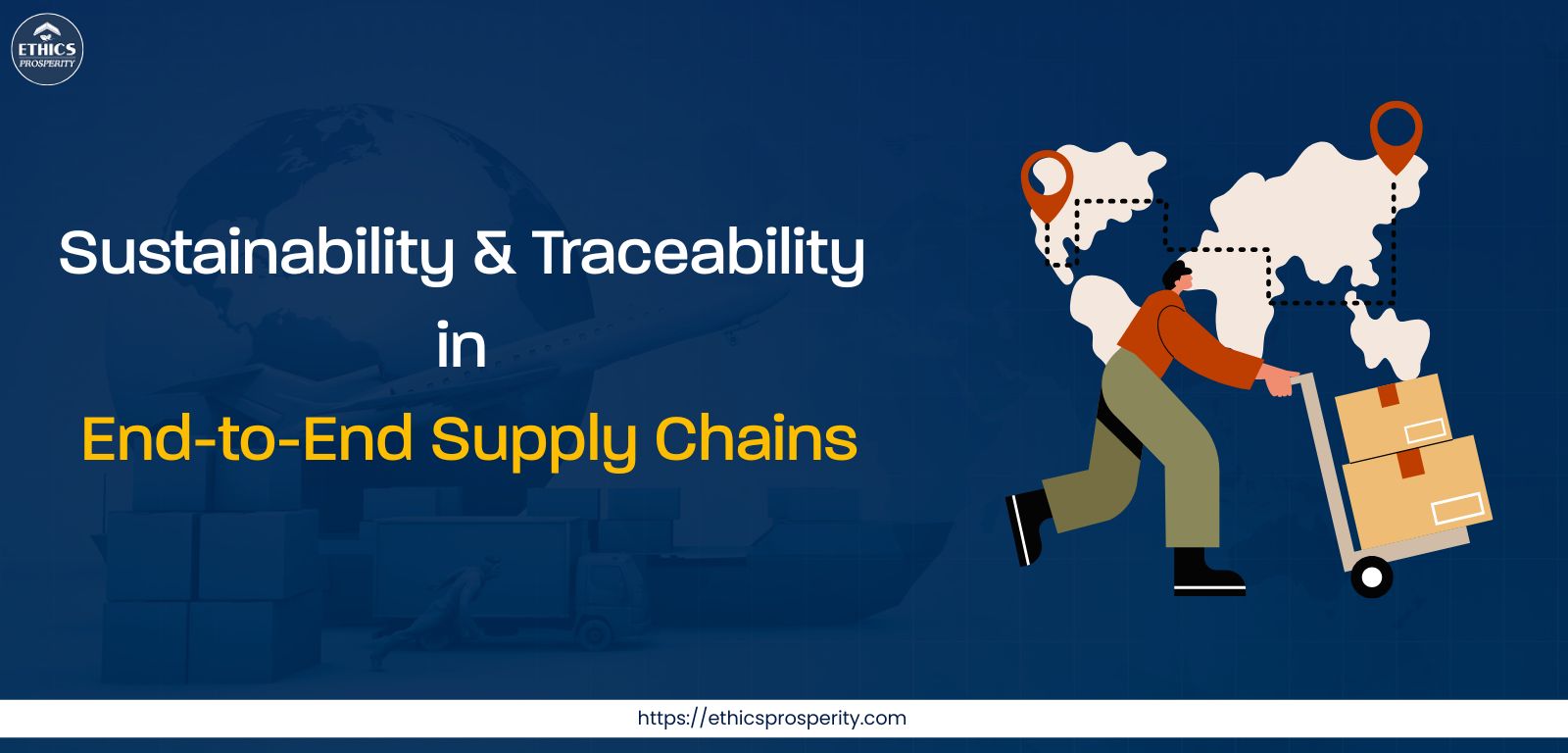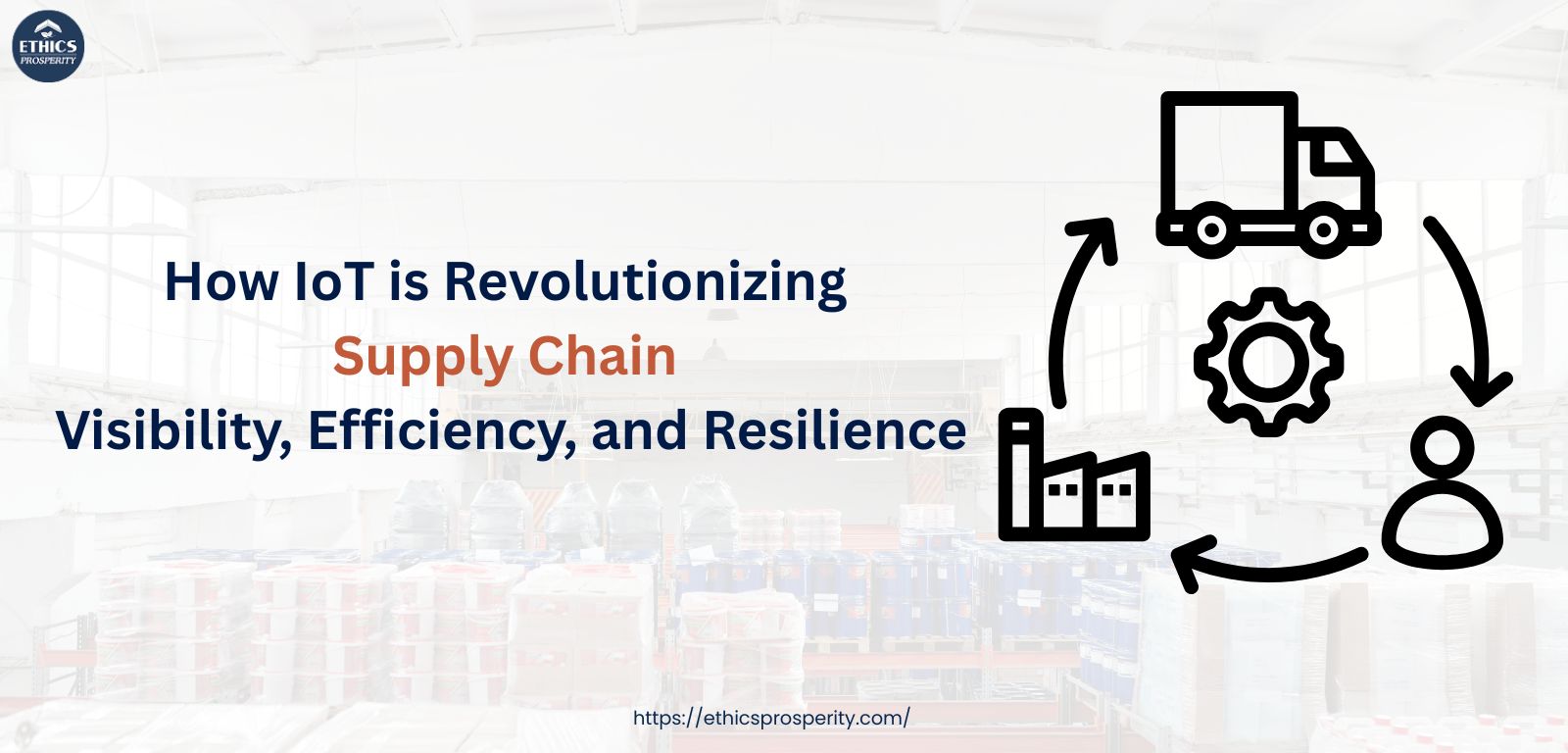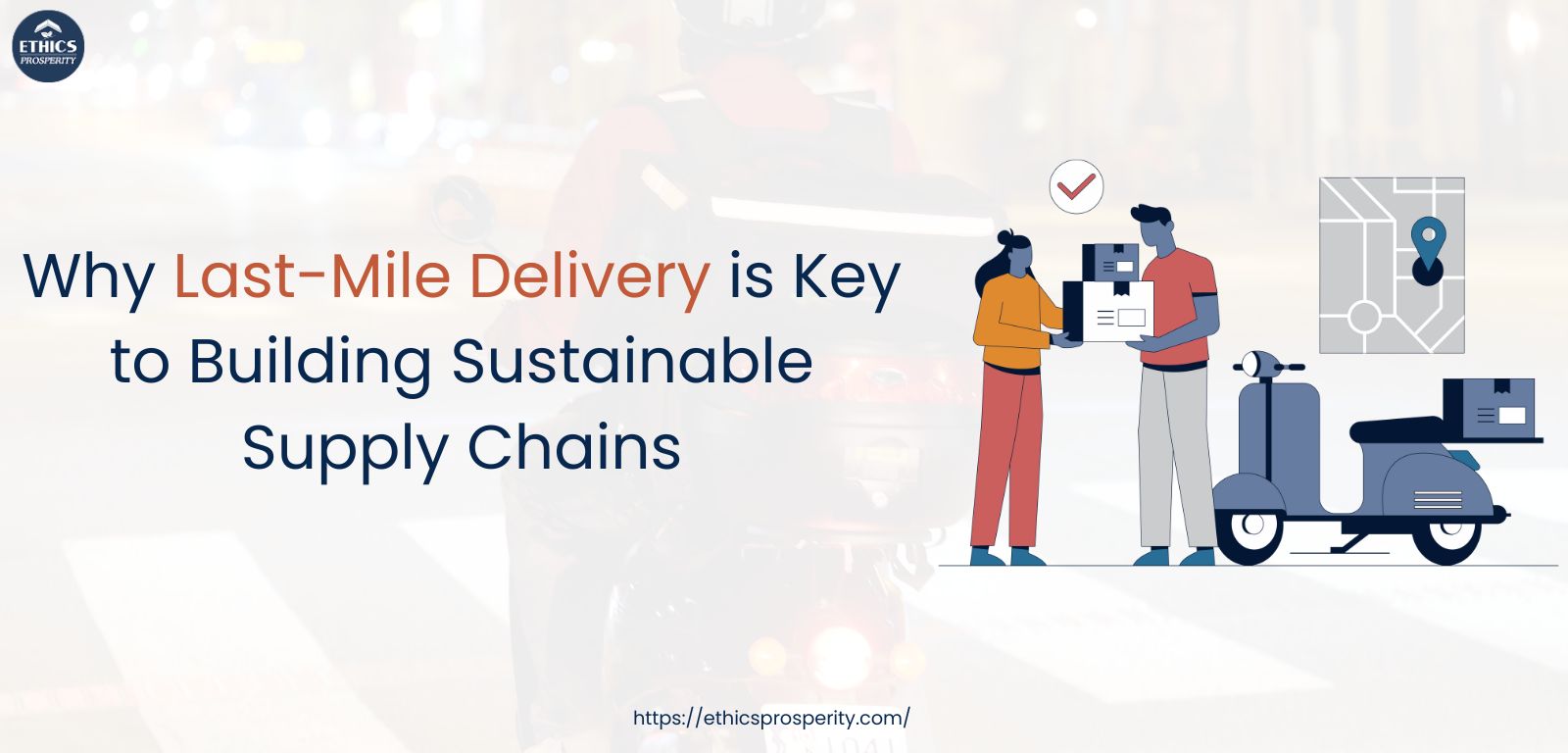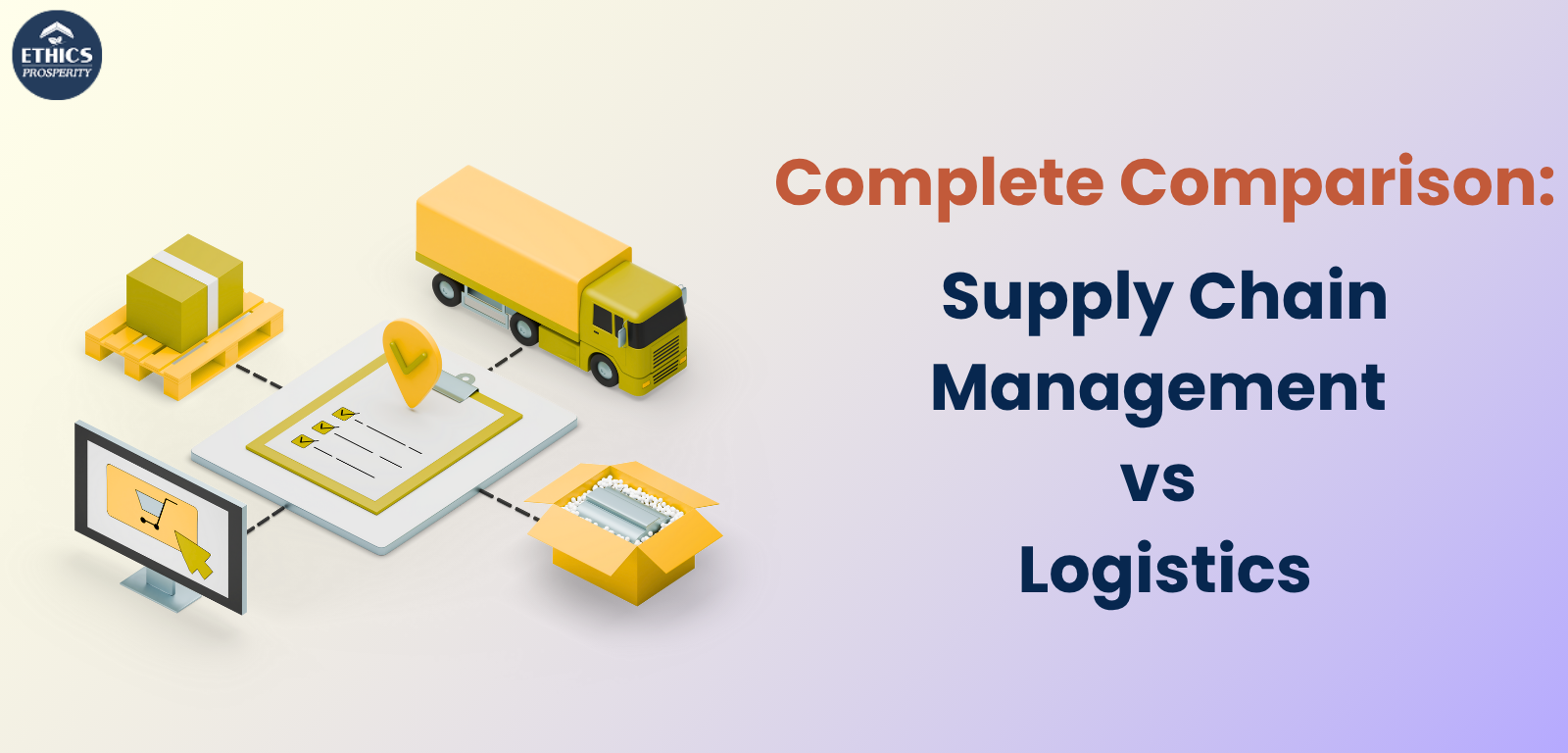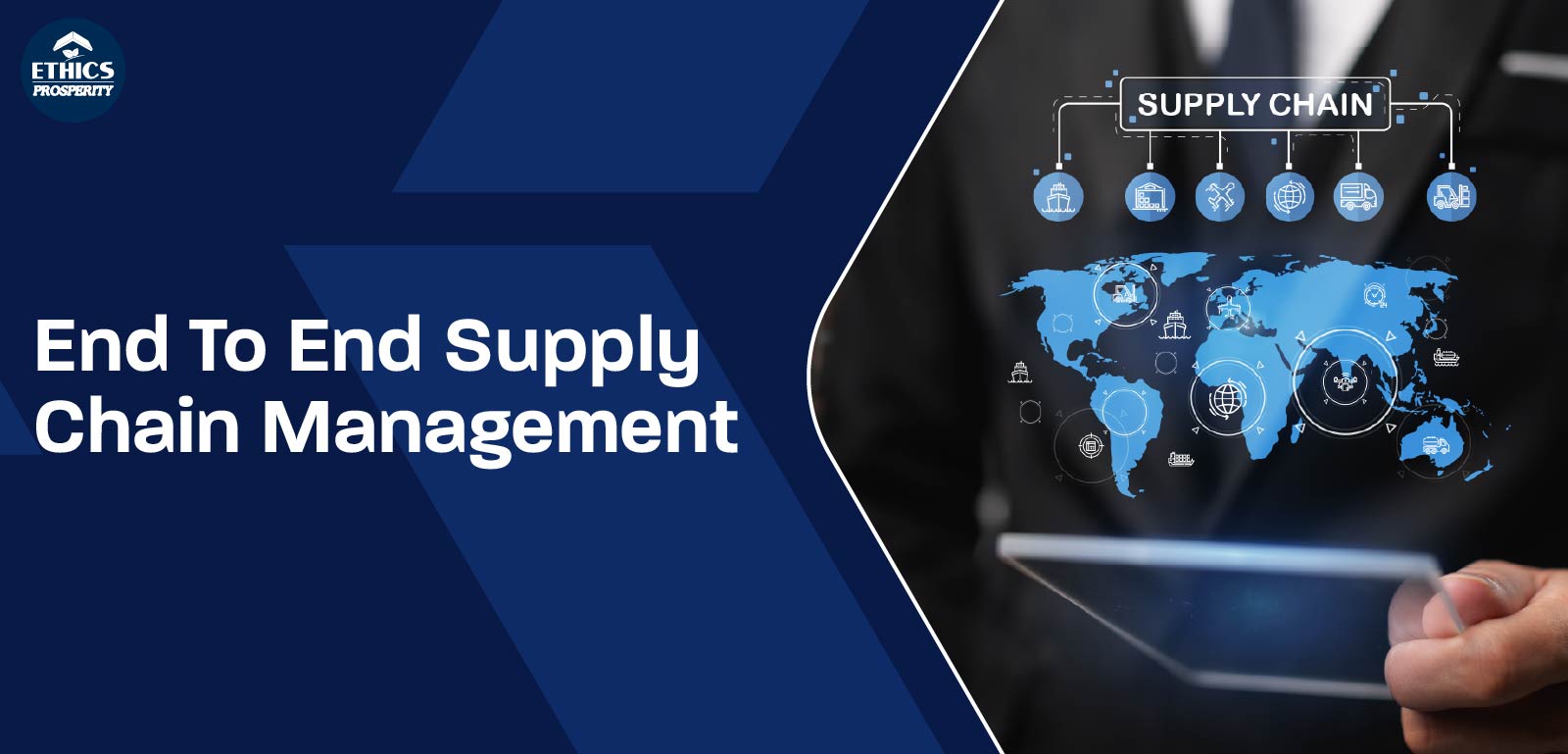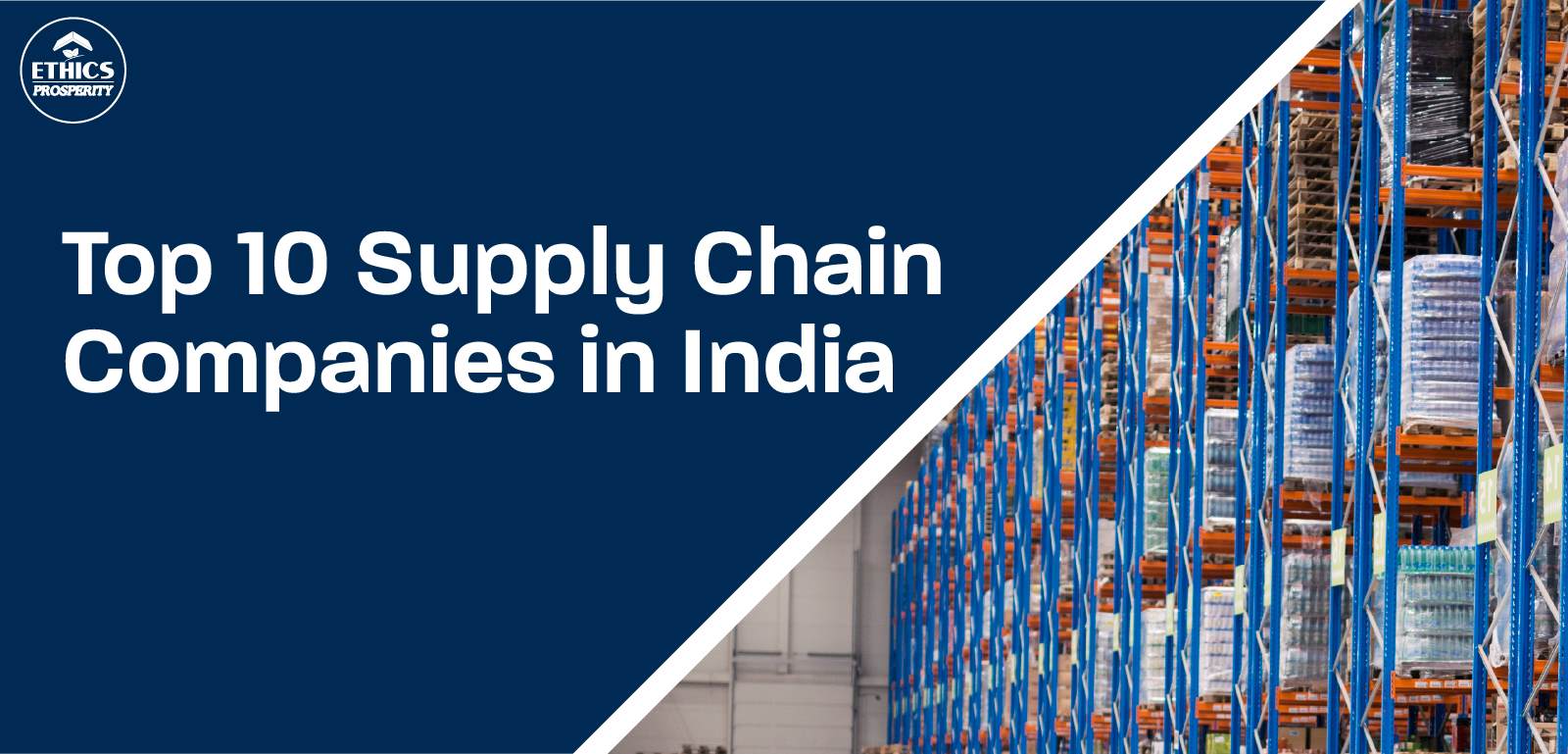The global supply chain landscape is undergoing unprecedented transformation. Businesses today are not only judged by how efficiently they move goods but also by how responsibly they manage their networks. Customers, regulators, and investors now demand supply chain sustainability and traceability as core business practices—not optional add-ons.
Leading supply chain companies in India and across the globe are embedding these principles into end-to-end supply chain management to create networks that are transparent, resilient, and sustainable. From FMCG in supply chain operations requiring temperature-controlled traceability, to last-mile delivery models reducing emissions with EV fleets, the push for greener, smarter supply chains is stronger than ever.
This blog provides a comprehensive roadmap for executives and decision-makers on how to align with sustainability goals, implement traceability solutions, and future-proof their supply chain planning for 2025 and beyond.
What Is Supply Chain Sustainability?
Supply chain sustainability is the practice of embedding environmental, social, and governance (ESG) principles into every stage of the end-to-end supply chain.
It encompasses:
- Environmental: Reducing carbon footprint, optimizing energy use, and adopting green warehouses.
- Social: Ensuring ethical sourcing, labor rights, and community engagement.
- Governance: Compliance with regulations, data security, and transparent reporting.
For warehouse companies in India, sustainability is no longer a trend—it is a competitive differentiator. Green buildings, solar-powered logistics parks, and circular economy models are setting new industry benchmarks.
What Is Supply Chain Traceability?
Supply chain traceability is the ability to track materials, products, and transactions across every node in the supply chain. It answers critical questions:
- Where did this product come from?
- How was it produced?
- Who handled it along the way?
By integrating blockchain in supply chain systems, RFID, and IoT, companies ensure data is tamper-proof, real-time, and transparent. For sectors like FMCG in supply chain and pharmaceuticals, traceability isn’t just a compliance requirement—it’s critical to brand trust and consumer safety.
Why End-to-End Supply Chain Matters?
An end-to-end supply chain management connects every stage of value creation: from procurement to production, warehousing, distribution, and after-sales. It offers:
- Visibility: Unified data flows enable better supply chain planning.
- Resilience: Identifying risks early reduces disruptions.
- Sustainability: Enables carbon measurement at each stage.
- Customer Experience: Ensures reliable, transparent delivery.
In practice, this means aligning 3PL in supply chain services, last-mile delivery models, and warehouse companies in India into one cohesive ecosystem.
Key Drivers of Sustainability & Traceability
- Regulatory Pressure: Compliance with global frameworks like SDGs, ESG, and carbon disclosure mandates.
- Consumer Demand: Customers demand ethical sourcing and transparency.
- Cost Reduction: Energy efficiency and waste reduction lower operational costs.
- Technology Enablement: AI, IoT, and blockchain enable better decision-making.
- Globalization and Localization: Supply chain companies in India must balance global sourcing with regional resilience.
Best Practices for Sustainable and Traceable Supply Chains
Integrated Supply Chain Planning
Effective supply chain planning ensures sustainability is embedded from procurement to last-mile delivery. AI-powered forecasting, demand-driven MRP, and control towers enable real-time responsiveness.
Leveraging 3PL in Supply Chain
Collaborating with experienced 3PL companies in India allows businesses to reduce capital costs while accessing advanced warehouse management solutions. Leaders like Ethics Prosperity, DHL, and Mahindra Logistics are driving innovation in this space.
Green Warehousing
Warehouse companies in India are investing in solar rooftops, rainwater harvesting, energy-efficient HVAC systems, and LEED-certified infrastructure to meet supply chain sustainability goals.
FMCG in Supply Chain Excellence
For FMCG, traceability ensures freshness and compliance. Cold storage warehouses, IoT temperature sensors, and blockchain tracking prevent spoilage and maintain trust.
Blockchain in Supply Chain
Blockchain ensures end-to-end visibility, creating immutable records for products. It is particularly valuable for combating counterfeiting in pharmaceuticals and luxury goods.
Last-Mile Delivery Optimization
As e-commerce demand rises, last-mile delivery is being optimized with electric vehicles, route planning algorithms, and micro-fulfillment centers near urban hubs.
Technology Enablers of Sustainability & Traceability
- IoT Sensors: Real-time monitoring of temperature, humidity, and asset condition.
- Blockchain: Immutable, transparent product records.
- AI & Machine Learning: Forecasting and route optimization.
- ERP & WMS Integration: Unified data management across warehouses.
Digital Twins: Simulation for predictive supply chain planning.
Challenges in Achieving Sustainability & Traceability
- High Initial Costs: Investments in green warehousing and digital infrastructure.
- Data Silos: Lack of integration between logistics partners and suppliers.
- Skill Gaps: Need for training in digital and ESG frameworks.
Balancing Cost & Compliance: Short-term cost pressures vs long-term sustainability ROI.
Future of Supply Chain Sustainability and Traceability
By 2030, supply chain companies in India will lead Asia in green logistics infrastructure. Expect:
- EV-driven last-mile delivery fleets.
- Fully automated warehouse companies in India with AI and robotics.
- Blockchain in supply chain compliance becoming mandatory for export-driven sectors.
- Integration of 3PL in supply chain ecosystems with digital-first strategies.
FMCG players driving innovation in cold storage and circular supply chains.
Conclusion
The journey toward supply chain sustainability and traceability is not a choice—it’s a business imperative. Leaders who embrace end-to-end supply chain planning, integrate digital technologies, and partner with trusted warehouse companies in India will stay ahead of both regulation and competition.
From FMCG in supply chain operations to last-mile delivery optimization, the winners of tomorrow will be those who can balance efficiency with responsibility.
As someone who has witnessed five decades of supply chain evolution, I can confidently say: the future belongs to supply chain companies that embed sustainability and traceability at the heart of their operations.
